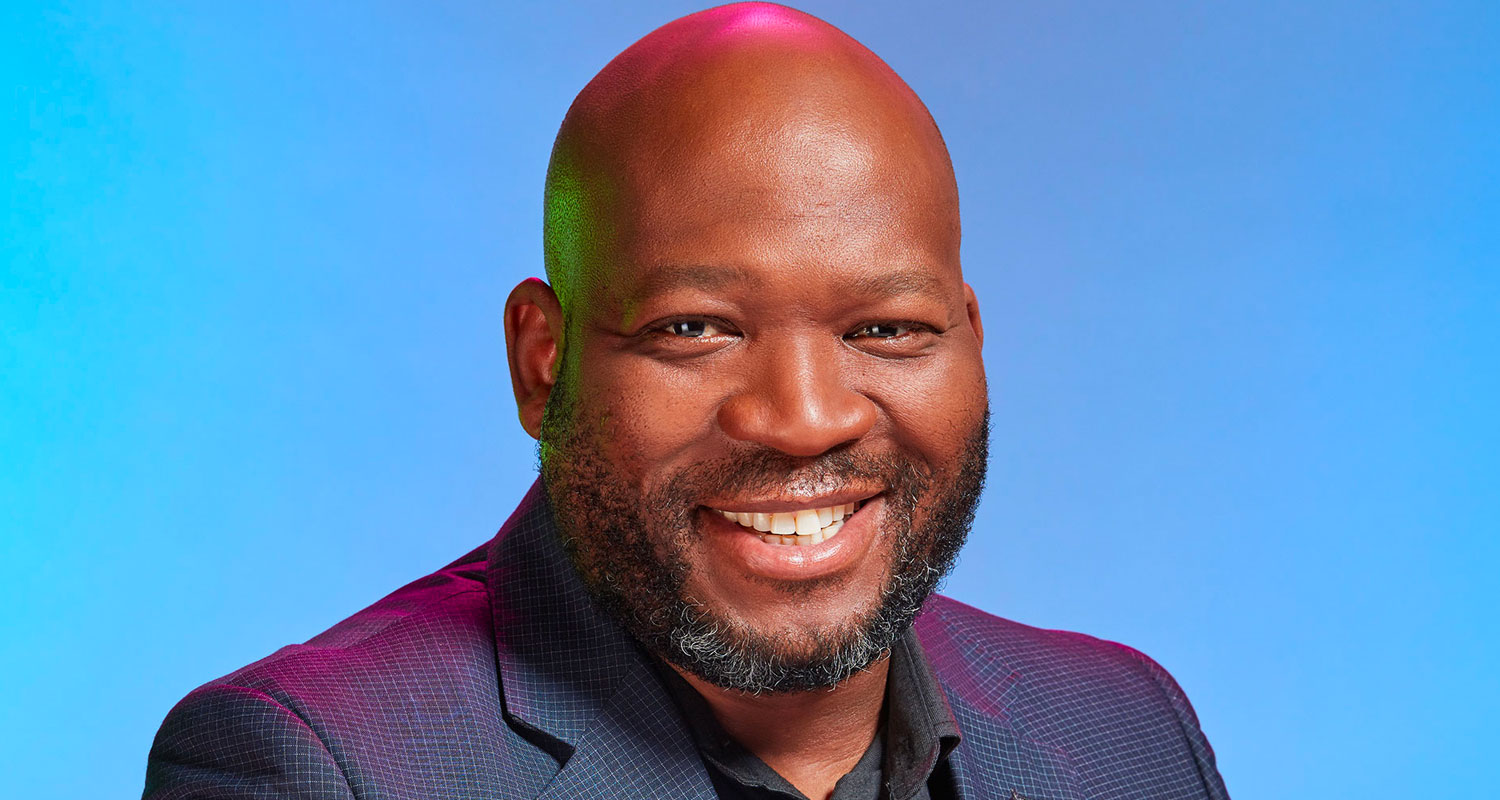
Telkom Mobile, the network operator launched as 8ta back in 2010, has no plans to follow rival Cell C and stop investing in last-mile mobile network infrastructure.
That’s the word from Lunga Siyo, CEO of Telkom’s consumer business, who told TechCentral in an interview on Tuesday that Telkom Mobile has cemented its position as a long-term player in the telecommunications market in South Africa.
Siyo rejected the idea that there is insufficient room for a third infrastructure player, citing Telkom Mobile’s recent milestone of 20 million active Sims as an indicator of the company’s staying power. Telkom Mobile is the third largest player in the mobile market in South Africa, behind Vodacom and MTN, and ahead of Cell C.
“International studies show that if you get 15% market share, then your survival rate improves considerably. At 20% market share you have a sustainable business,” Siyo told TechCentral.
“We have gone beyond the survival stage and we are now at the point where we are building a sustainable business – and 20 million customers cannot be wrong,” he said.
According to Siyo, Telkom Mobile has 19% market share when measured by active Sim cards, but he believes other indicators back up his view that Telkom Mobile is here to stay.
For one thing, Telkom Mobile has seen positive Ebitda (earnings before interest, tax, depreciation and amortisation) for the last five years, with service revenue growth of 6.8% for the year ended 31 March 2024 more than double the market average of 3%, he said.
Brand relevance
“That growth demonstrates that customers like what they are buying from us. It also demonstrates brand relevance, because if your brand is not relevant, if you don’t have the right propositions in the market, customers will buy [your products], use them and you’ll never see them again.
“We have moved from fourth place to third place, and we are firmly [cemented] in the market now,” said Siyo.
He said Telkom Mobile topped 30% Ebitda margin during the Covid 19 pandemic and lockdowns, which drove demand for data from people working from home. But current levels of around 25% are “appropriate” to Telkom Mobile’s strategic positioning as a “data player” that is less focused on voice than its rivals.
Siyo predicted that as voice revenues continue to decline, the Ebidta margins of Vodacom and MTN will also fall. “The margins on traditional voice are higher than data margins, but South African operators are lucky: operators in Europe and the US have Ebidta margins of around 15%.”
But what of market consolidation? Telkom has previously tried to buy Cell C, though the talks never led anywhere.
 Consolidation has characterised more mature markets as the cost of infrastructure deployment has increased and margins have shrunk, leaving most markets with only one or two infrastructure players at national level. Retail service markets, however, have gone in the opposite direction, due to a boom in mobile virtual network operators – companies that piggyback on network investments made by big mobile network operators.
Consolidation has characterised more mature markets as the cost of infrastructure deployment has increased and margins have shrunk, leaving most markets with only one or two infrastructure players at national level. Retail service markets, however, have gone in the opposite direction, due to a boom in mobile virtual network operators – companies that piggyback on network investments made by big mobile network operators.
“There could be consolidation at an infrastructure level, and it will happen, but I don’t think it means we should be buying each other. It will happen in [the form of] network sharing, but it must be regulated properly to maintain competition,” said Siyo.
He said the sharing of towers – where competing mobile network operators erect equipment on the same tower instead of each building its own high site – is one way to improve the efficiency of network spend.
This concept can be further exploited through the sharing of network equipment on the towers instead of each operator buying, installing and maintaining their own hardware, he said.
“These benefits can then be passed onto the customer through lower prices or added value,” he said.
The telecoms industry has already dabbled in infrastructure sharing through exemptions granted by communications regulator Icasa and the Competition Commission, which allowed network operators to share backup power equipment to mitigate the effects of load shedding.
Sharing
Instead of Vodacom, MTN and Telkom each having to buy and refuel a generator for a particular site, leading to redundancies, the exemptions allowed one operator to maintain backup power infrastructure for the entire site, regardless of which other operators were using it.
Regulators are concerned, however, that infrastructure sharing could lead to collusion that harms consumers. – © 2024 NewsCentral Media




